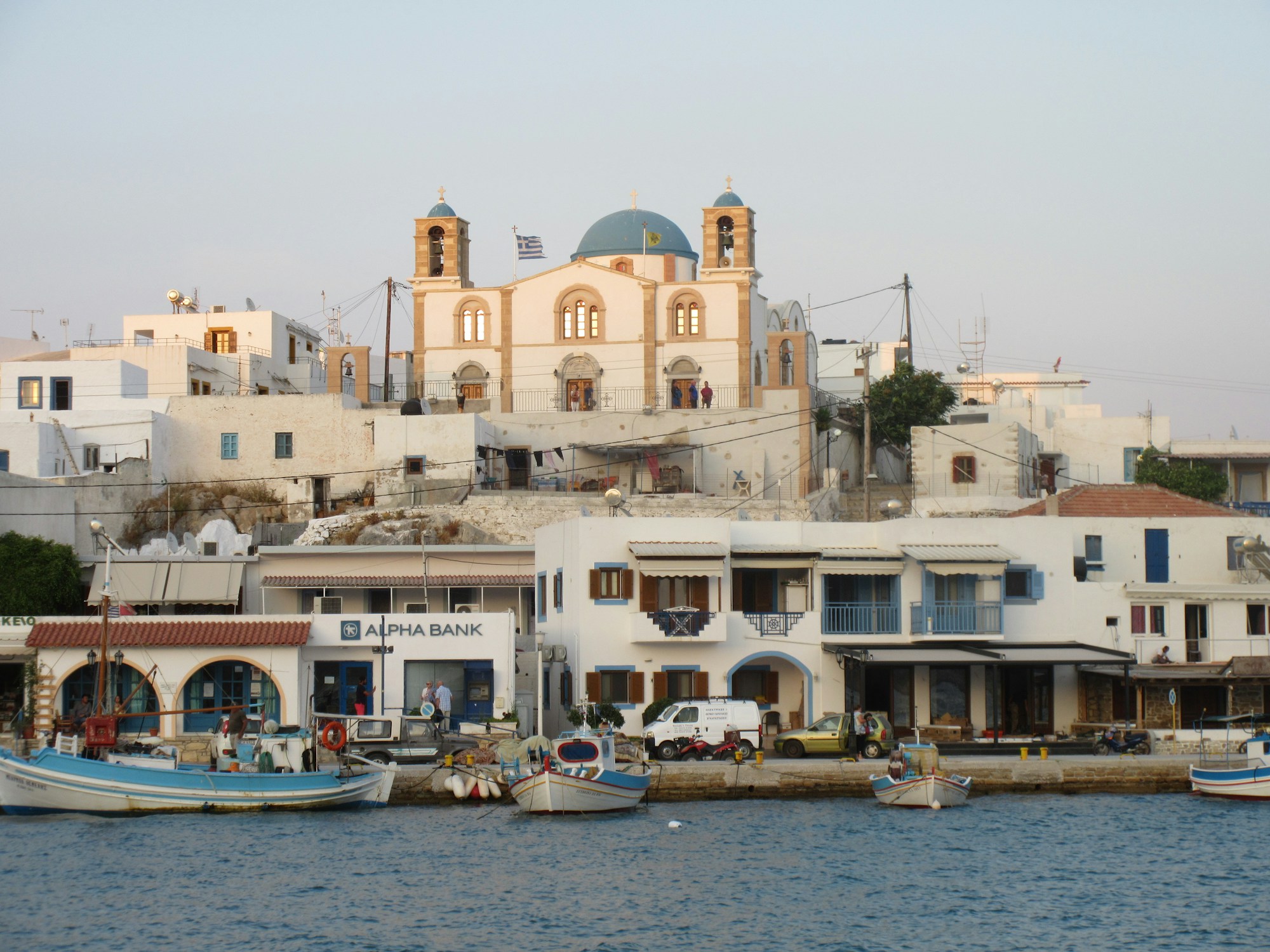Lipsi: Explore Local History, Customs, and Festivals
Discover Lipsi's rich history, unique customs, and vibrant festivals on this charming Greek island. Join the cultural journey!

Explore the Local History, Customs, and Festivals of Lipsi
Lipsi, a charming island located in the Dodecanese group in the southeastern Aegean Sea, offers an enticing mixture of history, culture, and natural beauty. This travel guide delves into the island's rich historical past, vibrant customs, and colorful festivals, providing a comprehensive insight into this hidden gem.
Historical Context
Ancient History
Lipsi, also known as Leipsoi or Lipsos, has a fascinating ancient history. Archaeological findings suggest the island has been inhabited since prehistoric times. Ancient artefacts and ruins testify to its long-standing importance in the region. The island is mentioned in various Greek myths, particularly connected to the nymph Calypso who is said to have detained Odysseus for several years.
Byzantine Period
During the Byzantine period, the island flourished as a hub for trade and religious activity. Byzantine churches and monasteries, some still standing today, reflect this prosperous era. One notable site is the 7th-century Church of Agios Ioannis Theologos, a beautiful example of early Christian architecture.
Ottoman Rule
Lipsi fell under Ottoman rule in the 16th century, experiencing a period of relative quiet compared to the turbulent history of other Aegean islands. This era left a subtle imprint on the island’s architecture and cultural practices, which blend with native Greek traditions.
Modern Times
In the 20th century, Lipsi played a role in Greece's struggle for independence and subsequent national history. The island officially joined Greece in 1948. Today, Lipsi retains much of its traditional charm while embracing modern tourism and development.
Cultural Practices
Daily Life
The daily life of the locals is deeply rooted in traditional Greek customs. The residents, known as Lipsiots, are mainly involved in fishing, agriculture, and tourism. A stroll through the island reveals whitewashed houses, blue-domed churches, and aromatic herb gardens—emblems of the island’s serene and picturesque lifestyle.
Local Cuisine
Lipsi is known for its delicious local cuisine, heavily influenced by Mediterranean flavors. Key dishes include:
- Matsouni: A traditional goat milk yogurt unique to the island.
- Seafood: Freshly caught fish, octopus, and calamari are daily staples.
- Fava: A yellow split pea puree, often served with olive oil and onions.
- Pies: Spinach and cheese pies made with hand-rolled phyllo dough.
The local wine and honey are also famed for their exceptional quality.
Crafts and Traditions
Traditional crafts such as embroidery and pottery are still practiced in Lipsi. Women often engage in weaving and making intricate lacework, while pottery remains a common cottage industry, producing beautiful and practical items.
Festivals
Religious Festivals
Religious festivals on Lipsi are particularly vibrant and deeply rooted in Greek Orthodox traditions. Some of the most notable include:
- Feast of the Dormition of Virgin Mary: Celebrated on August 15th, this is the most significant festival on the island. The church of Panagia tou Harou is at the center of these celebrations, featuring processions, feasts, and traditional music.
- Saint Theologos: Held on August 29th, this festival honors the island's patron saint with church services and communal feasts.
Local Celebrations
Besides religious festivals, several cultural and agricultural celebrations take place throughout the year:
- Wine Festival: Held in September, this festival celebrates the local wine production with tastings, music, and dancing.
- Honey Festival: Showcasing Lipsi's renowned honey, this festival includes demonstrations of traditional beekeeping, honey sampling, and related products.
- Fishermen's Festival: Celebrated in the summer, this event honors the island’s fishing community. It features fish dishes, music, and dances by the sea.
Local Anecdotes and Interesting Facts
Despite its small size, Lipsi is home to many interesting stories and unique characteristics. Here are some notable mentions:
- Calypso Myth: According to legend, Lipsi is the island where the nymph Calypso detained Odysseus for seven years. Visitors often seek out the supposed cave where this mythological event occurred.
- Marine Life: Lipsi is part of a protected marine park which hosts a variety of sea life, including monk seals and dolphins. The island is a favorite spot for eco-tourists and diving enthusiasts.
- Unspoiled Nature: The island's low population has preserved its natural beauty. Pristine beaches, hiking trails, and aromatic herb fields are testament to this untouched charm.
- Literary Mention: Lipsi is mentioned in a range of Greek literature and travelogues, capturing the imagination of poets and writers with its tranquil landscapes and storied past.
